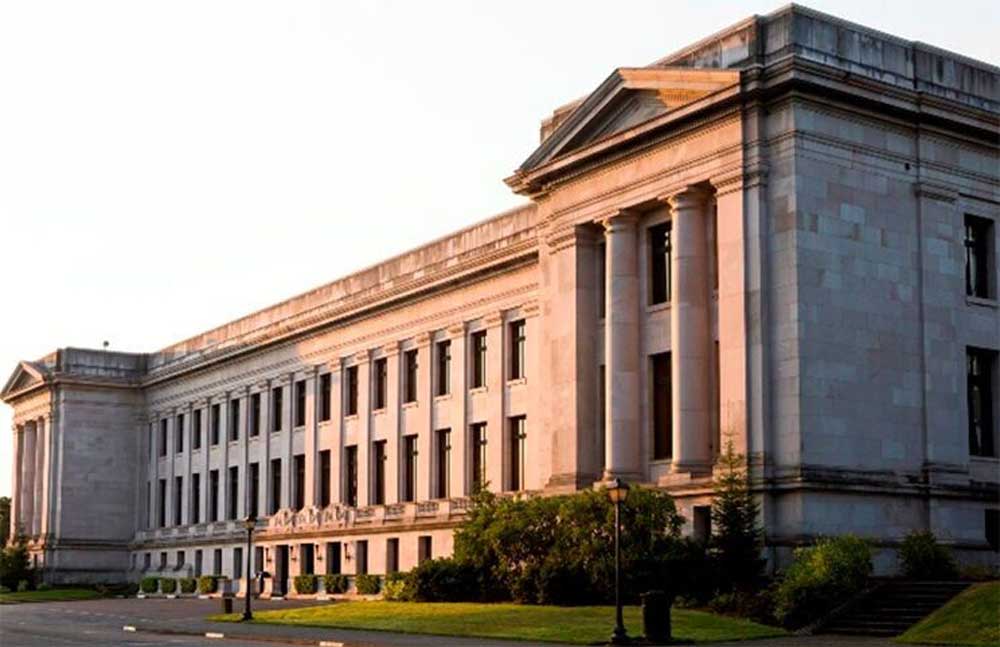Washington Supreme Court upholds immunity for forestland owners
Published 9:45 am Friday, January 17, 2025

- The Washington Supreme Court ruled Jan. 16 that forestland owners are immune from lawsuits if trees they left standing at the state's direction fall on property or people.
The Washington Supreme Court ruled forestland owners and loggers can’t be held responsible if trees they left standing at the state’s direction later come crashing down on property or people.
Trending
The 9-0 decision handed down Jan. 16 bars Snohomish County resident Barry Chrisman from suing Sierra Pacific, logging contractor Precision Forestry and the state Department of Natural Resources.
Chrisman was grievously injured in 2018 when a wind-exposed Douglas fir fell on his passing vehicle. The tree was left standing along a creek in a “riparian management zone.” DNR owned the land and planned the harvest.
Writing for the court, Chief Justice Steven Gonzalez said lawmakers anticipated uncut trees will fall into streams to enhance fish habitat and so granted landowners immunity from lawsuits if someone is injured.
Trending
“This immunity statute is plain and unambiguous,” Gonzalez wrote. “We recognize Barry Chrisman suffered a great harm. But the law gives him no remedy in tort against these defendants.”
The Washington Farm Bureau, Washington Forestry Protection Association and Washington Farm Forestry Association submitted a friend-of-the-court brief asking justices to dismiss the lawsuit.
Chrisman spent 117 days in a hospital and suffered permanent disabilities, according to court records. Chrisman and his employer, Snohomish County Public Utility District, sued the defendants.
Chrisman’s attorney argued the timber harvest was poorly planned, leaving a stand of trees near a road and exposed to the wind. The Douglas fir was uprooted in windstorm as Chrisman was driving by in a PUD vehicle.
A state attorney argued landowner immunity was necessary to promote sound conservation.
A Superior Court judge dismissed the lawsuit, but the Court of Appeals ruled Sierra Pacific and Precision Forestry did not have landowner immunity.
The appeals court also ruled DNR could be sued for allowing clear-cutting near the riparian management zone and noted there was a dispute over whether DNR properly drew the zone’s boundaries.
The Supreme Court rejected the appeals court’s definition of forestland owner. Although Sierra Pacific and Precision Forestry did not own the land, they owned the timber, Gonzalez wrote.
Also, the court ruled landowner immunity does not depend on the accuracy of the riparian management zone designation.





